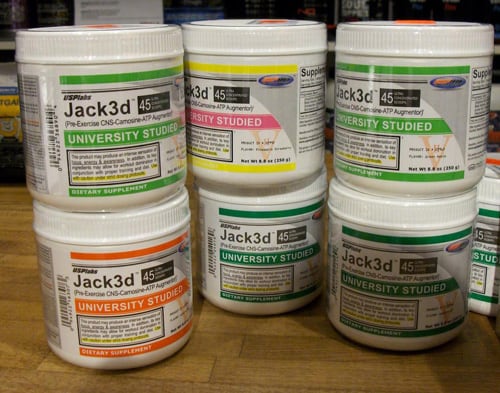Maybe the International Olympic Committee’s (IOC) 64% increase in pre-competition and out-of-competition testing was actually deterring athletes from engaging in doping practices. Nope…
The seal was broken on Friday when a German biathlete was busted for the banned stimulant DMAA (1,3 dimethylamylamine / methylhexaneamine).
That kinda opened the floodgates with five more doping positives coming to light over the weekend, bringing the total to six, with fingered athletes trotting out the old (but rarely successful) defence that their substance violation was not their fault but that of the contaminated food supplements they imbibed.
The defence fails because under the World Anti-Doping Agency (WADA) code athletes are responsible for all bodily inputs, even contaminated foods or food supplements.
So, er, well, yawn. Play it again, Sochi…
Problem is this kind of scapegoating, however misplaced, can cause public image problems for the food supplements industry when athletes are blaming dodgy supplements and implying they cannot be trusted. And that’s not just products that may contain a banned substance like DMAA, or sports nutrition products. It potentially taints all food supplements.
But let’s be clear here: These kinds of issues have absolutely nothing to do with the mainstream food supplements industry. There will always be rogue players with criminal intent in this and any other industry. There will always be contaminated products while such rogue players exist.
And there will always be cheating, doped up athletes who blame supplements when their urine and blood tests come back the wrong colour from the testing lab. And when those athletes point the finger at food supplements maybe the mainstream sector needs to be more proactive in these situations to hammer the point that its products are well-tested, well-regulated and safe.
DMAA encore
The current cases do raise questions about DMAA – the pre-workout stimulant that has been largely banned around the world over sourcing and safety concerns – and which has provoked 100s of doping bans across multiple sports and disciplines since being added to WADA’s prohibited list in 2010.

Texas-based USPLabs manufactured the most high-profile DMAA product – Jack3D - but it has long been banned and removed from market so where did the German biathlete, Evi Sachenbacher-Stehle, get hers from? Oh sorry, since she has no idea how it got into her system, I mean, where could it possibly have come from?
Proclaiming her innocence she said she is living through the, "worst nightmare you can imagine" even though her national association had taken a conservative line and warned its athletes not to trust ANY food supplements before and during the Games.
Latvian men's ice hockey player Vitalijs Pavlovs also tested positive for DMAA along with Italian bobsledder William Frullani.
The Italian Olympic Committee (CONI) didn’t have much sympathy for Frullani in throwing him out of the Games, stating he had, "at best been extremely silly".
Yep. Just as silly as the premise of blaming the food supplements industry for an illicit trade in banned substances to fuel elite athletes chasing a demented Olympic or sporting dream. Look to the machinations of that dream for the real source of this problem and any hope of making it go away.
